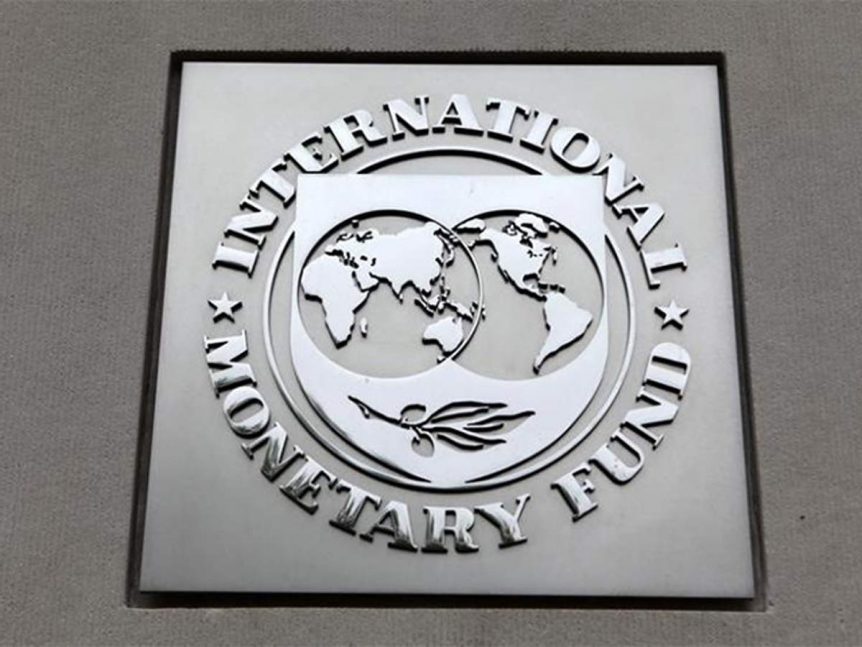In an update to its global growth forecast released Tuesday, the International Monetary Fund (IMF) warned of global economic risks that, if unchecked, could push the world into recession.
The IMF blamed high inflation and the risks posed by Russia’s invasion of Ukraine for putting the global economy in jeopardy, adding that “worst case” scenarios are possible.
According to IMF Chief Economist Pierre-Olivier Gourinchas, “the world may soon be teetering on the brink of a global recession, only two years after the last one.”
Gourinchas added that the current environment suggests that the “likelihood that the US economy will avoid a recession” is “quite narrow.”
What is the IMF’s forecast?
In 2022, global GDP growth will slow to 3.2 percent. The new estimate comes after the IMF predicted 3.6 percent growth. April of this year.
“The outlook has darkened significantly since April,” Gourinchas said.
“The world’s three largest economies, the United States, China, and the eurozone, are stalling, with significant consequences for the global outlook,” he added.
According to the update, global GDP contracted in the second quarter due to downturns in China and Russia.
China’s economy, battered by COVID-19 lockdowns and a real estate-driven debt crisis, is expected to grow at 3.3 percent, down 1.1 percentage points from previous estimates.
The IMF also reduced its growth forecast for 2023 from 3.6 percent in April to 2.9 percent.
Read Also: ASUU: Nasarawa NLC Joins Nationwide Protest in Solidarity
Global growth had recovered to 6.1 percent last year after the COVID-19 pandemic decimated output in 2020.
The IMF forecast is ‘extraordinarily uncertain.’
The IMF stated in its most recent forecast that its forecast is “extraordinarily uncertain.” Russia’s invasion of Ukraine has pushed up energy and food prices, destabilising economies and households around the world.
Further monetary tightening may be required as prices rise and people’s lives are disrupted. In advanced economies, inflation is expected to level off at 6.6 percent, though the US and Germany have already recorded higher monthly year-on-year rates.
One “possible” worst-case scenario involves a complete cutoff of Russian energy to Europe, with an additional 30% drop in Russian energy exports. This could reduce growth to 2.6 percent this year and 2 percent next year.
In such a scenario, growth in Europe and the United States would be near zero. Only five times since 1970, including during the pandemic, has global growth fallen below 2%.
Inflation in developing economies could reach more than 9%, though many developing countries have already hit this mark and seen rates rise far above it.
In contrast, the Russian economy has already contracted by 6% this year as a result of Western sanctions, though next year’s contraction is expected to be 3.5%.
![]()


